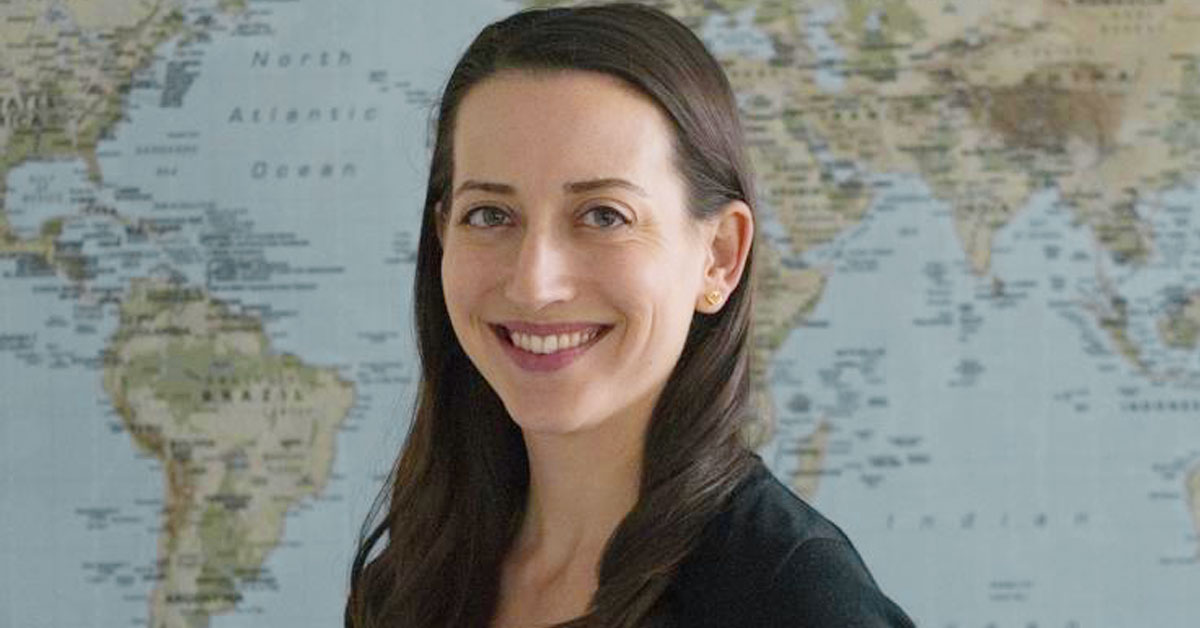Samantha Dolan, a doctoral student at the University of Washington School of Public Health, was awarded a $100,000 Grand Challenges Explorations Grant from the Bill & Melinda Gates Foundation to improve data collection and monitoring of childhood immunizations at Kenyan health facilities by optimizing workflows.
Dolan is among 34 researchers from 10 countries who were awarded initial Grand Challenges grants. Her co-investigators are Peter Rabinowitz, a professor of environmental and occupational health and of global health at the UW School of Public Health and professor of family medicine at the UW School of Medicine, and Ian Njeru of the International Training and Education Center for Health (I-TECH) in Kenya. I-TECH works with local partners to develop skilled healthcare workers and strong national health systems in resource-limited countries.

Samantha Dolan
“We believe that a better system will allow better access to records for healthcare workers, which will allow for better identification of and outreach to children who miss scheduled vaccinations,” says Dolan, who is pursuing a PhD in global health metrics and implementation science and works as a monitoring and evaluation advisor for I-TECH.
“We need to make sure we’re improving on the existing systems and ask how to make a new electronic system work in the current environment so we observe the potential benefits.”
The researchers will study the use of an electronic immunization registry recently deployed by I-TECH, which was built using open-source software and user-centered design, to test different workflows in immunization clinics. Using electronic tools to track immunizations has the potential to improve data accuracy, identify unvaccinated children and free up time for healthcare workers to provide consultations and follow-up with defaulters, according to Dolan. She plans to use an iterative approach with lean methods to maximize value while reducing waste, as well as time-motion study techniques to evaluate current workflows and identify efficiency bottlenecks.
The workflows will be redesigned and tested in Kenyan health facilities of different sizes and types, and the research team will also compare electronic registries with the current paper-based registries. Given that some facilities do not have consistent electricity, Dolan plans to evaluate which parts of the data entry workflow will need to change to establish an efficient electronic record system.
